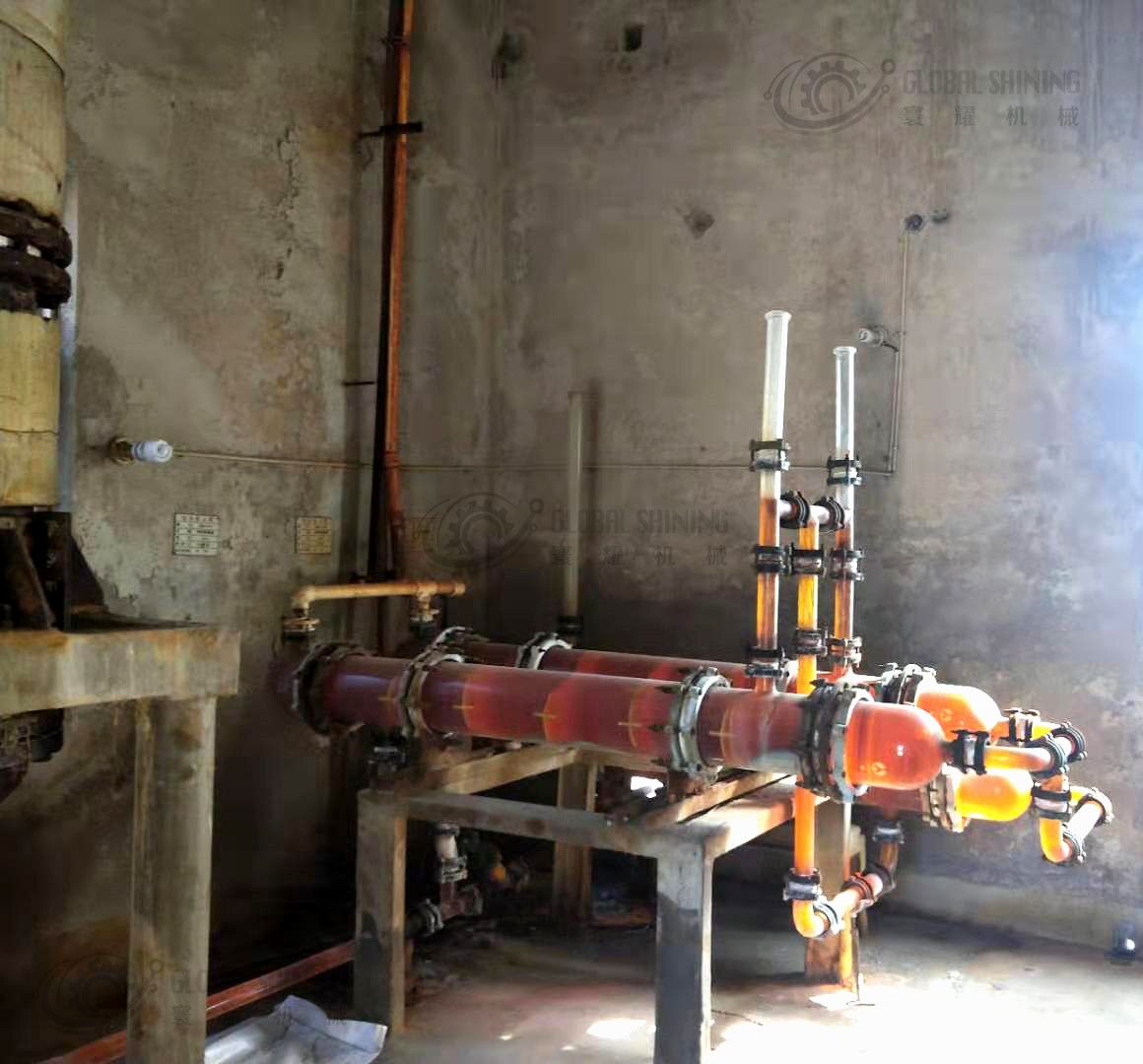50% Potassium Sulfate Production Facility Utilizing the Mannheim Process
$200,010.00
Description
Experience efficiency and eco-friendly production with our 50% Potassium Sulphate Production Plant utilizing the Mannheim Process. Optimize your fertilizer output while minimizing waste. Invest in sustainable agriculture today!
SKU
1387703712269
Category Chemical Equipment
Tags Chemical Drying Equipment, Chemical Equipment Machinery, Chemical Fertilizer Production, Chemical Fertilizer Production Line, Chemical Granulators, Cutting Production Line, Fertilizer Line, Fertilizer Production Line, Fertilizer Production Plant, Plant Chemical, Production Line, Production Line Trends, Tube Production Line
Brand: HENGSHUI GAINS TRADE CO., LTD.
Send Inquiry








